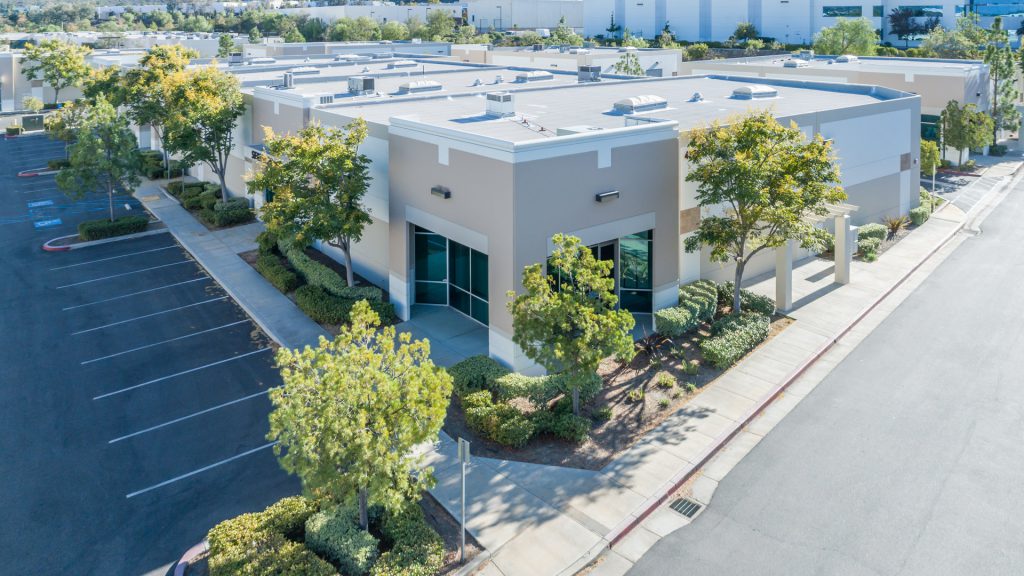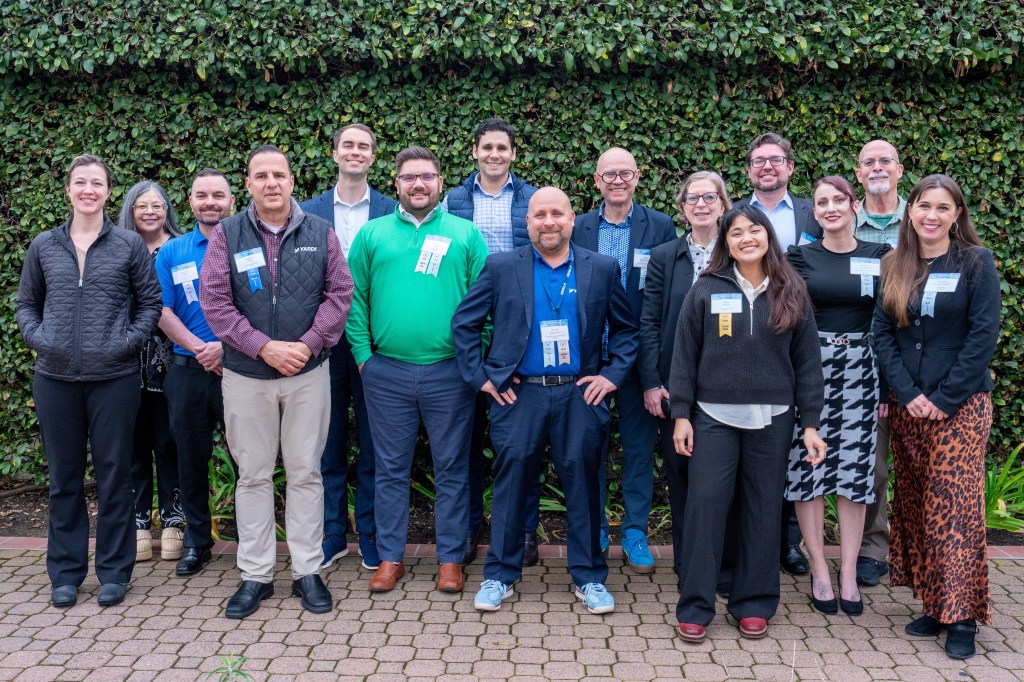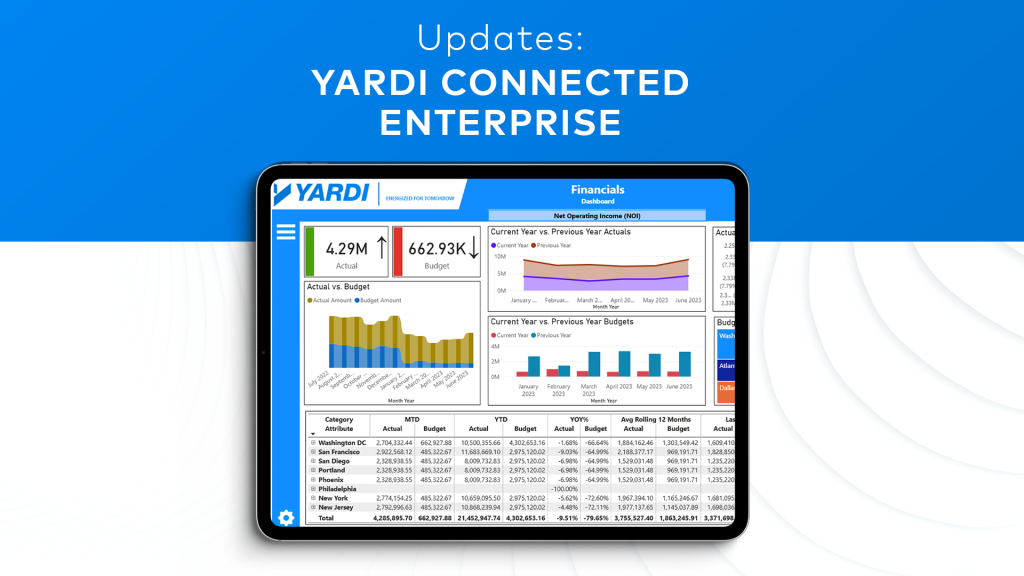By Leah Etling on May 13, 2020 in Matrix News
Yardi Matrix continued its series of comprehensive market impact webinars on May 13 with an in-depth look at the state of the commercial real estate industry, presented by Jeff Adler, vice president of Matrix, and Rob Teel, senior vice president of global solutions at Yardi.
Both provided data and insight into the crucial question Adler introduced at the start of the session: How do we move forward, past the lockdown and into the recovery phase?
“Despite the herculean efforts by the federal government to keep businesses afloat, there is still more pain to come,” Adler said. And for each sector of commercial real estate, the road ahead will look different.
Optimistic outlook for industrial
Across all real estate sectors, industrial and multifamily are holding up best during the COVID-19 pandemic. “They were also the two best performing sectors before this hit,” Adler noted.
April rent collections for industrial averaged around 86-87 percent, so the sector is not entirely immune to nonpayment, but looks good compared to retail. Dependence on e-commerce for home-delivered supplies and other purchases has helped industrial stay stable. In some smaller markets ideal for last-mile delivery siting, industrial rents are even edging up. There’s also newfound demand for cold storage due to changes in the grocery market.
Office holding up, but changes expected
All things considered, “office is in pretty good shape,” said Adler. “Though coworking is hurt pretty bad.” April collections of office rents were in the 85 percent range, and are expected to stay high for buildings with large, well-capitalized tenants.
Office may see significant changes as states return to work, however. Concern looms for office hubs like New York City, where dependence on public transit and crowded elevator rides in skyscrapers are both hard to reconcile with ongoing social distancing requirements.
“There is going to be a rethinking of the footprint. How much physical space and face to face contact do you need to keep (corporate) culture together?” Adler asked.
Teel noted that there has been a spike in interest in serviced, suburban office space from firms who want to return workers to the office but in a less congested setting. And coworking is likely not dead, but will have to return either long-term or with major changes to accommodate social distancing needs.
A rough road for retail
“This is where the carnage is,” Adler summarized bleakly. “And for retail, the snapback is not likely to happen anytime soon.” April rents were paid by around 45 percent of retailers, and May is expected to be far worse.
Major retailers like J.Crew and Neiman-Marcus have already declared bankruptcy, although in some cases the pandemic merely sped up a predetermined outcome. Brick and mortar stores were already struggling with online competition well before the pandemic.
“We are social animals, we will gather again, it will just take a bit of time for it to happen. And there will be pain in the sectors that depend on the gathering of people,” Adler said. Grocery-anchored retail continues to outperform, but is still taking a hit due to closed secondary tenants.
For more in-depth information on the state of the commercial real estate market, view the latest Yardi Matrix report.
Yardi observes latest CRE technology trends
Teel delivered an overview of the tech requirements that commercial owners and managers are now finding to be essential in today’s changed world. Accounts receivable tracking for deferrals and concessions is crucial, as is accurate documentation and tracking of tenant status. Yardi will soon introduce a new CRE tool, LeaseManager, to help with that.
But perhaps the biggest tech shift will be a paperless push. It will help CRE improve contactless business practices like vendor invoicing and electronic payment fulfillment.
“This is one area that’s overdue for disruption and change and it’s happening now,” Teel said. He estimated that physical checks still make up 90 percent of the payments that Yardi clients make using the PayScan module. Expect that number to be drastically lower a year from now.
Find more resources to help adapt and improve your business practices to meet changing times on Yardi’s COVID-19 resource page.


